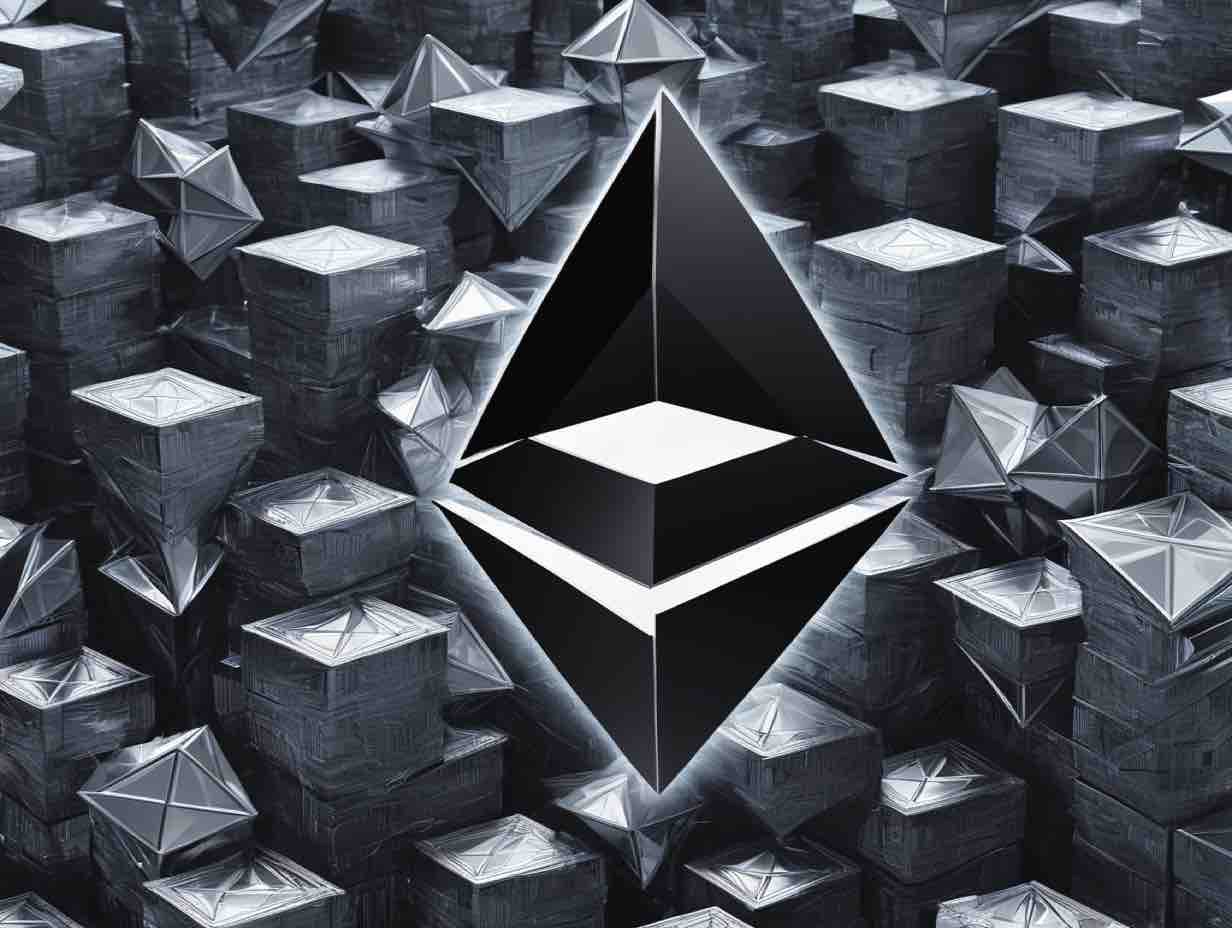The recent Dencun hard fork of Ethereum, hailed as the most significant upgrade since the Merge, was successfully implemented on the mainnet on March 13. While much attention has been drawn to the anticipated transaction fee reduction for layer-2 scaling networks, experts argue that the primary advantage of the upgrade lies in fee stabilization rather than mere reduction.
Fuel Labs CEO discusses Ethereum’s Dencun upgrade
Nick Dodson, the co-founder, and CEO of Fuel Labs, emphasized in an exclusive interview that the focus should not solely be on fee reduction but rather on expanding the network’s capacity and scalability to accommodate the growing user base. Following the Dencun upgrade, several Ethereum layer-2 solutions experienced a drastic reduction in median transaction fees, with figures reaching up to 99%.
Notable platforms such as Starknet, Optimism, Base, and Zora OP mainnet were among those witnessing substantial fee reductions. However, Dodson asserts that while fee reduction for layer-2 solutions is undoubtedly a significant development for the industry, the true benefit of the upgrade lies in its ability to scale the network and stabilize fees for future users.
He predicts that the increased network capacity will lead to further reductions in layer-2 fees with subsequent upgrades, emphasizing the importance of expanding data blob capacity to make transactions more cost-effective. The Dencun hard fork, comprising nine Ethereum Improvement Proposals (EIPs), was divided into two main parts: Cancun and Deneb.
Enhancing the network’s efficiency
The Cancun phase primarily focused on enhancing transaction management and processing on the execution layer, while the Deneb phase aimed to improve consensus mechanisms at the network level. This dual-pronged approach is expected to enhance the overall efficiency and functionality of the Ethereum network, paving the way for mass scalability and throughput improvements.
Dodson highlights that the Dencun upgrade marks a significant milestone in Ethereum’s journey towards accommodating a larger user base. By increasing throughput and scalability, the network is now better equipped to serve a growing number of users worldwide. This advancement is crucial as Ethereum aims to support various types of rollups and execution methods, ultimately enhancing its utility and appeal across diverse use cases.
Despite the positive outlook for Ethereum’s future scalability and functionality, the immediate market response to the Dencun upgrade was somewhat subdued. Ethereum’s price experienced a modest decline of 2.44% in the 24 hours following the upgrade, trading at $3,956 according to CoinMarketCap data. This minor dip in price may be attributed to short-term market dynamics and does not necessarily reflect the long-term potential of the network upgrade.
The Dencun hard fork represents a significant leap forward for Ethereum, ushering in a new era of scalability and fee stabilization. While much attention has been focused on the immediate impact of fee reductions for layer-2 solutions, the long-term benefits of increased network capacity and scalability are expected to drive Ethereum’s growth and adoption in the years to come. With further upgrades and enhancements on the horizon, Ethereum is well-positioned to maintain its status as a leading blockchain platform for decentralized applications and digital assets.





